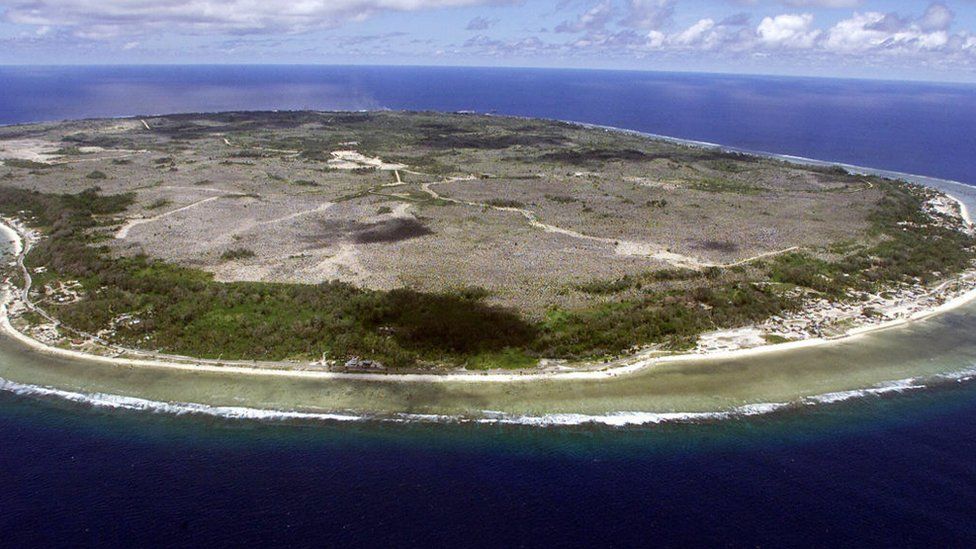In this post, I will be moving outside the United States to the country of Nauru. Nauru has the highest rate of obesity in the world, and it is due to food insecurity. The island nation has very little land that can be used for farming, so it relies heavily on imported foods to feed its population. Importing processed foods is easier, so this is what Nauru does for the most part. As a result, the island’s inhabitants’ diets are high in sugar and unhealthy fats. This fits the definition of food insecurity, as the citizens have limited access to nutritious food that is necessary for a healthy lifestyle. In fact, the life expectancy for Nauru is only 64 years, and one of the leading causes of death is diabetes.

Unfortunately, Nauru’s problem is only worsened by the fact that it is essentially bankrupt. It doesn’t have the financial resources to improve its healthcare system or import healthier, more expensive foods on a large scale. Nauru used to be the second wealthiest nation on the planet as a result of phosphate mining, but now there is nothing left to mine. It lost what was basically its only source of income. The mining also destroyed the land, which is why farming is difficult.

Nauru is doing things in order to combat its obesity epidemic. In 2007, it placed taxes on imported sugar and sugary drinks, while at the same time removing the tax from bottled water. Organizations have also been promoting exercise and sports in response to the sedentary lifestyle that many citizens lead. One of the activities that has been popularized is walking the 3 miles around the island’s airport’s perimeter. While these things are helpful, they aren’t enough. They don’t fix the root causes of the issue. Not much can be done to get the country out of bankruptcy or make its lands farmable once more.
Nauru is a small nation with only around 10,000 citizens, so the most effective solution may actually be to have everyone leave the island and go somewhere where there is better access to healthy foods. There are two main reasons why people would likely oppose this, choosing to stay there instead. First, they have ties to the island. Second, they don’t have the money to leave and live elsewhere. Neither of these things are easily changed, so even this solution is practically impossible. Ultimately, it seems like the obesity issue in Nauru is unsolvable.
I’ll admit that I had never heard of Nauru before reading this post, and I am saddened to hear that the life expectancy is so low. It is also unfortunate to see how barren the land is due to the phosphate mining. I’ll try to relate this situation to one I learned about in my entomology class–in certain regions of Africa, people are culturally inclined to consume bushmeat (wild bats, pangolins, elephants, etc.). This is harmful in that endangered species are being hunted to extinction, and many zoonotic diseases are spilling over from animals to humans. It has been extremely difficult to get locals to change their opinions on bushmeat, although some individuals have taken small steps to change the status quo. For instance, one Congolese man has opened a restaurant that serves traditional meals without the use of bushmeat. My point of including this example is to show how it is impossible to get everyone to change their ways all at once; rather, small changes need to be gradually implemented. Perhaps a similar approach could be implemented in Nauru.